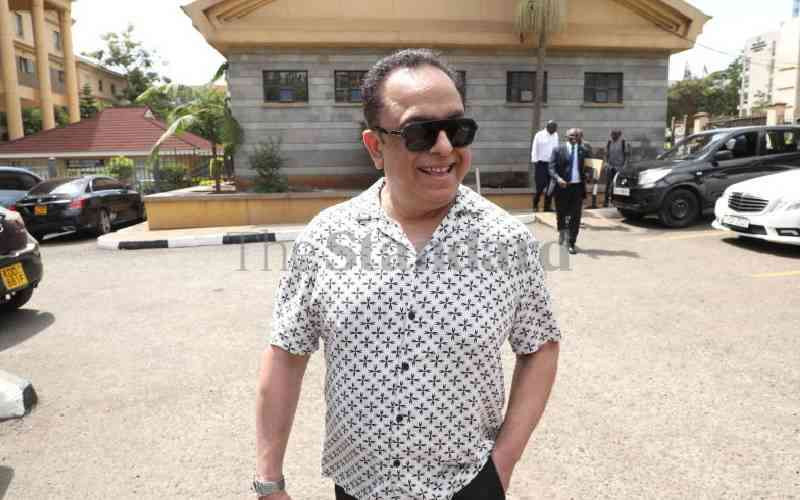×
The Standard e-Paper
Home To Bold Columnists

In a shocking twist to one of Kenya's largest corporate fraud cases, controversial billionaire and oil tycoon Yagnesh Devani has walked free.
Sixteen years after orchestrating a scheme to syphon millions from Kenya's oil reserves through Triton Petroleum, Devani no longer faces charges, with the courts declaring he has no case to answer.